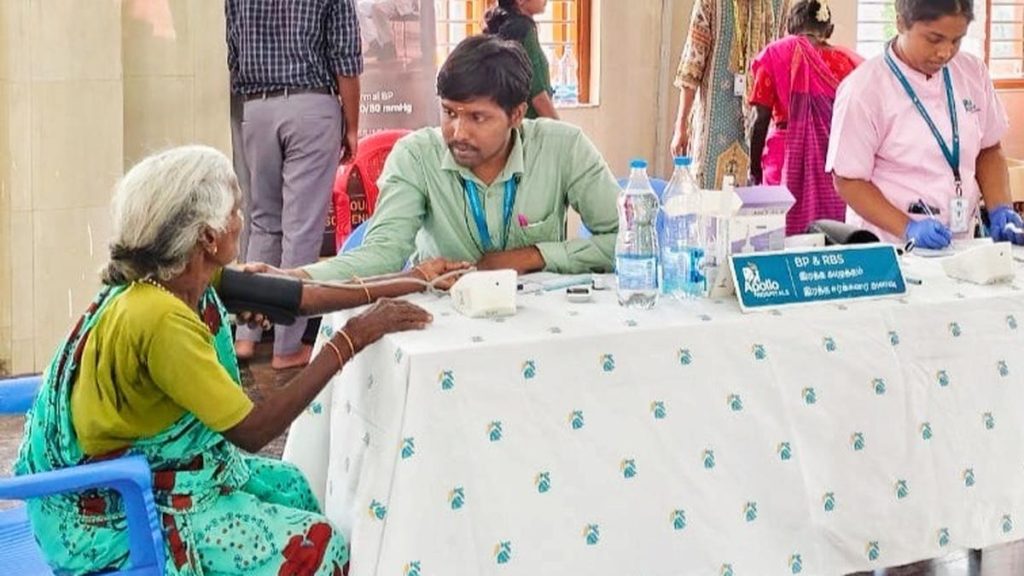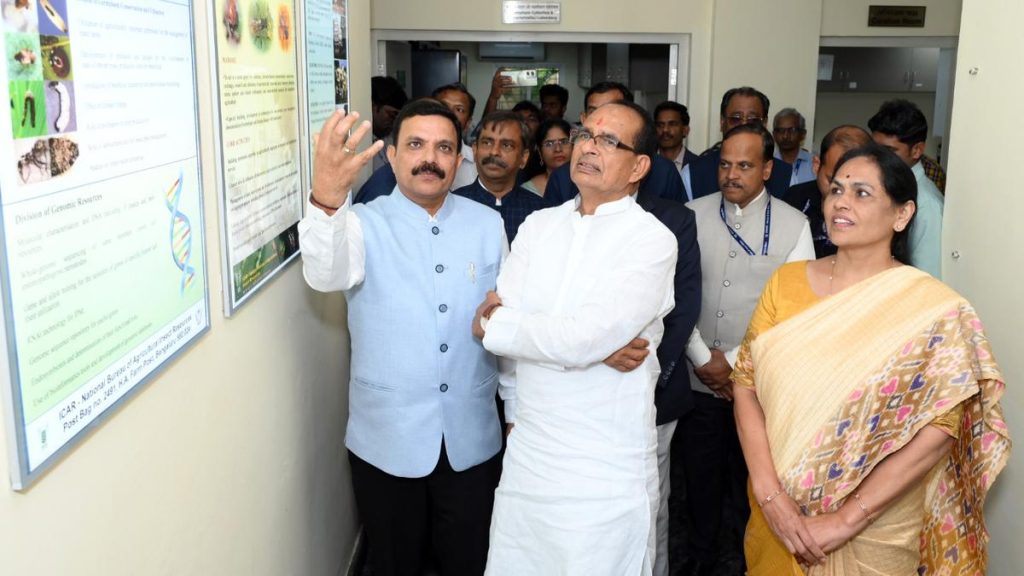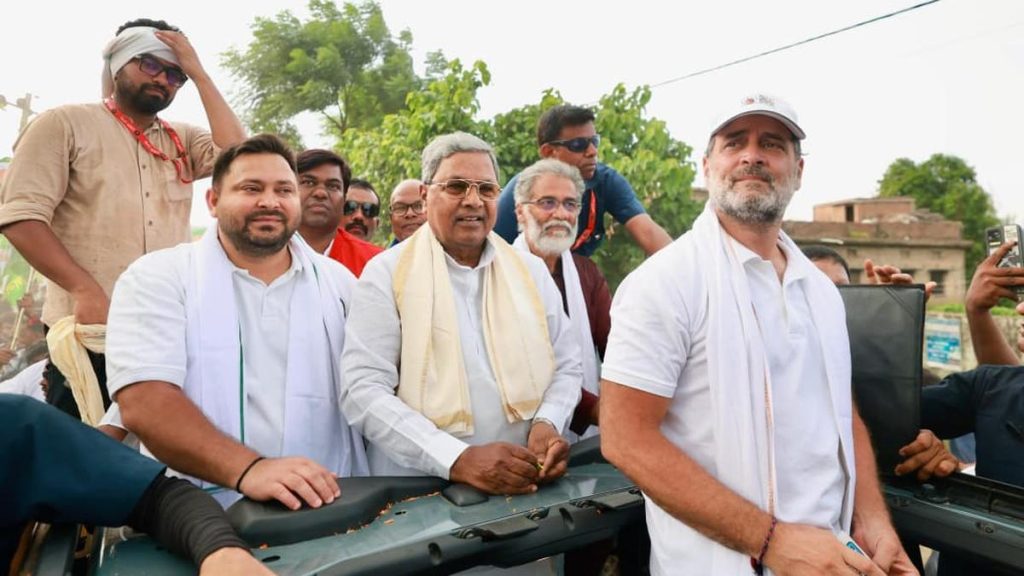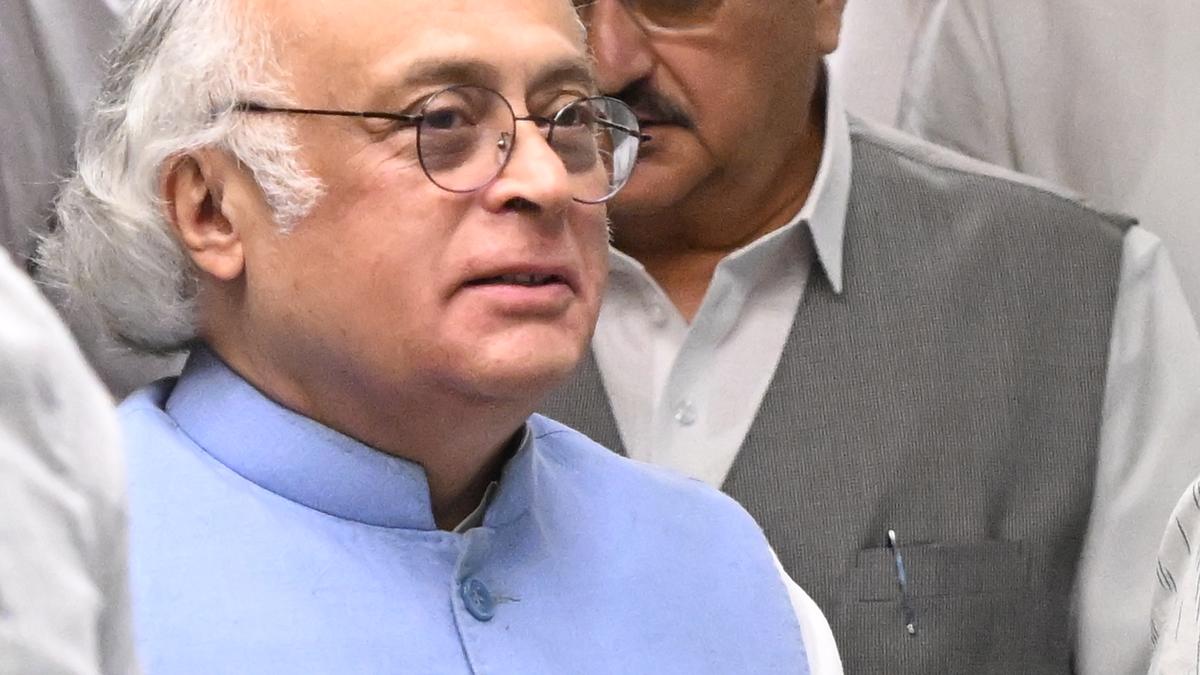Now Reading: Telangana Faces ₹7,000 Crore Revenue Hit from GST Changes: Bhatti Vikramarka
-
01
Telangana Faces ₹7,000 Crore Revenue Hit from GST Changes: Bhatti Vikramarka
Telangana Faces ₹7,000 Crore Revenue Hit from GST Changes: Bhatti Vikramarka
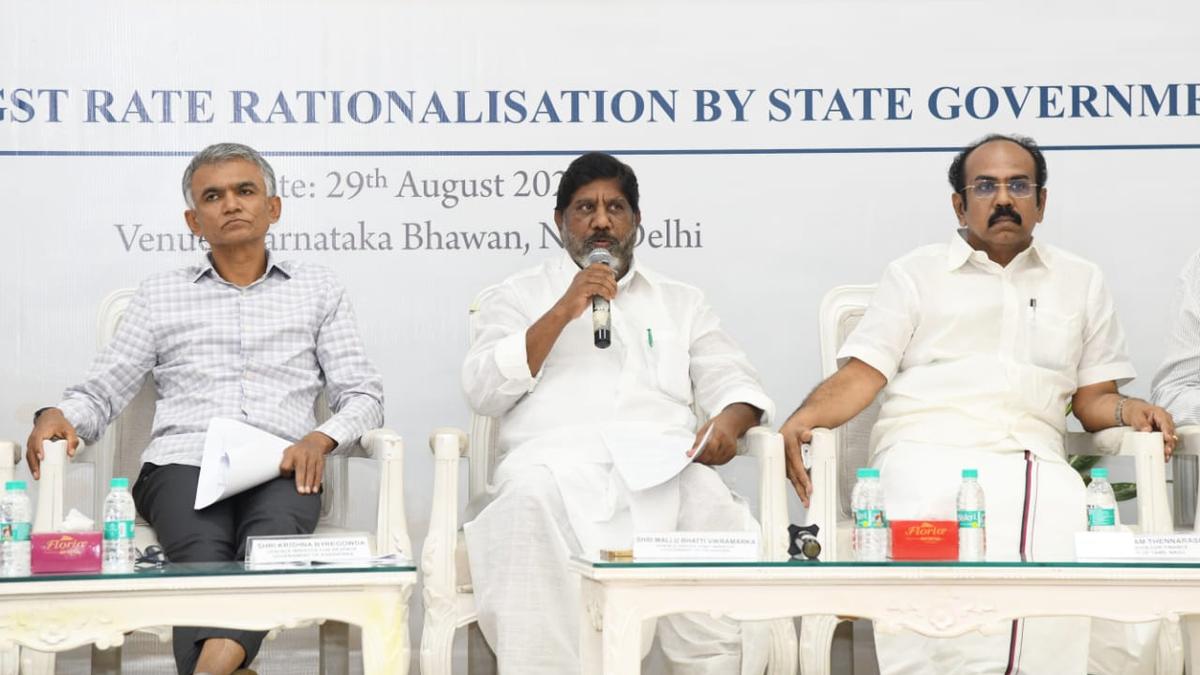
Quick Summary
- Telangana Deputy Chief Minister adn Finance Minister mallu Bhatti Vikramarka expressed concerns over the Central government’s GST rate rationalisation proposals, claiming they would reduce Telangana’s revenues by ₹7,000 crore.
- He stated the State stands to lose at least ₹5,100 crore from rate cuts alone and highlighted that GST revenues have only grown at 10% CAGR as its implementation compared to 18% CAGR under VAT.
- Telangana’s GST-to-GSDP ratio has decreased from 3.07% in 2022-23 to 2.58% in 2024-25,and rationalisation threatens further declines.
- Ministers from several states-Karnataka, Punjab, Kerala, Tamil Nadu, Jharkhand, West bengal-joined discussions expressing similar revenue concerns.
- The meeting called for a compensation framework to protect state finances while ensuring tax benefits directly support economically vulnerable groups rather than luxury sectors.
- Karnataka Revenue Minister krishna Byre Gowda emphasized the necessity of “structural safeguards” for fiscal stability.
- Another meeting is scheduled on September 3 at Tamil Nadu Bhavan to solidify state positions ahead of the next GST Council gathering.
Indian Opinion Analysis
The issue surrounding GST rate rationalisation underscores a growing tension between state governments and the Center over financial autonomy and resource allocation. Telangana’s reported revenue losses illuminate broader concerns among states regarding declining growth rates under GST vis-à-vis VAT-era projections. While promoting uniform taxation was intended as an economic unifier via GST implementation,uneven impacts on state finances highlight discrepancies that merit attention.
Given that both Opposition-led and also NDA-led states are reportedly facing fiscal distress due to these proposals (as per Mr. Vikramarka), it indicates widespread agreement across political lines on the need for reformulating safeguards like compensation frameworks.This could lead to stronger demands during the upcoming Council meeting for mechanisms that balance sovereign financial requirements with national-level tax policy shifts.
The call for directing tax reductions towards benefiting lower-income citizens further stresses equity considerations in policymaking-a necessary measure amid persistent socio-economic divides. The outcome of September’s deliberations could set notable precedents for federal-state dynamics within India’s evolving fiscal architecture.



